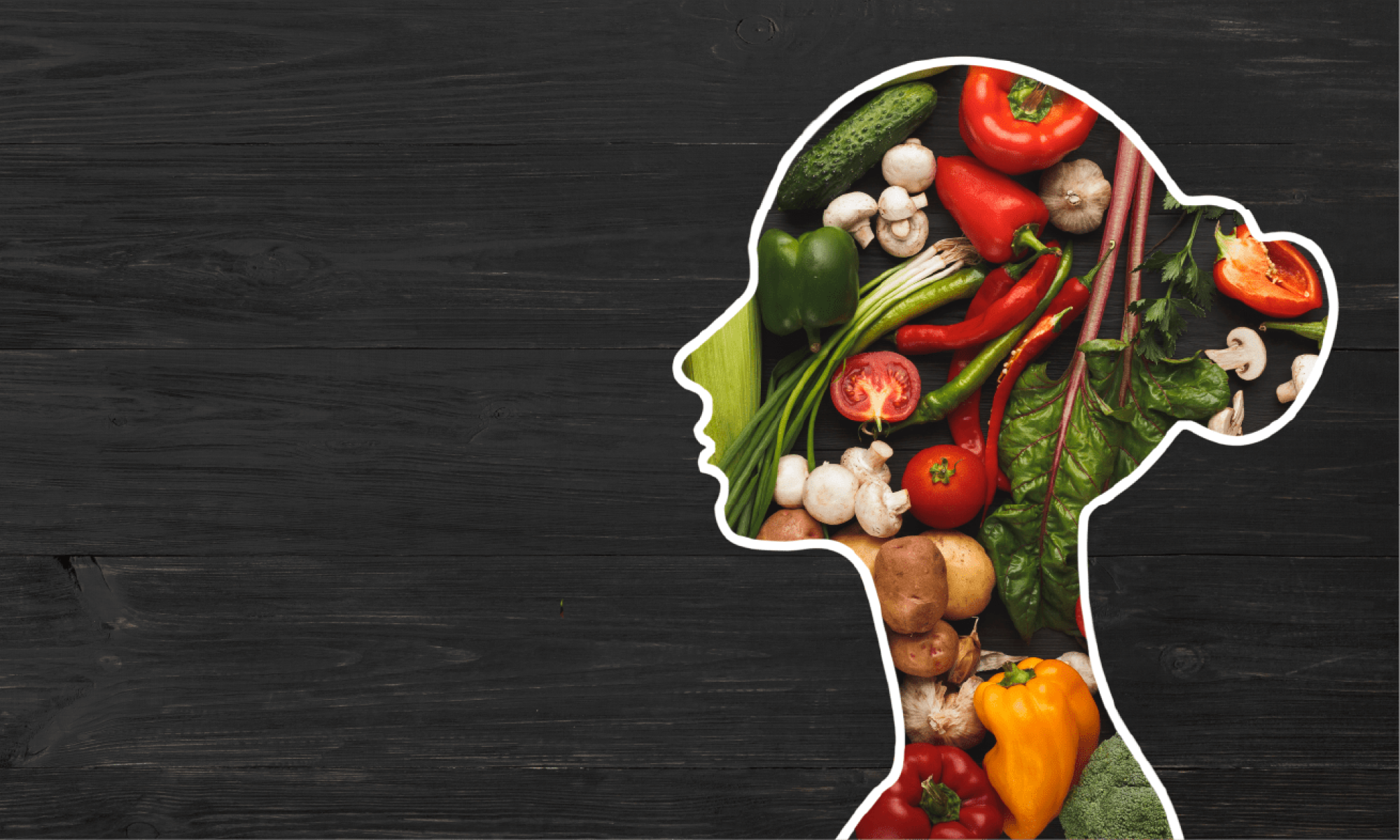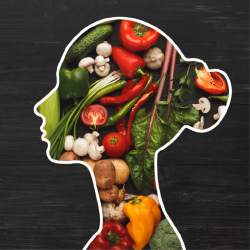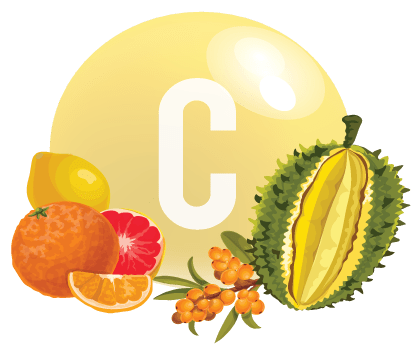
Boost Your Immune System and Promote Healthy Skin with the Power of Vitamin C
Vitamin C is an essential nutrient that plays a crucial role in maintaining a healthy immune system, facilitating wound healing, and promoting healthy skin. However, the human body can’t produce or store this vitamin, which means it has to be obtained through diet or supplements.
Including C-rich foods in your daily diet is critical for those who want to maintain good health and prevent illness. This nutrient helps the body protect against immune system deficiencies, cardiovascular disease, prenatal health problems, eye disease, and even skin wrinkling.
The recommended daily intake on average, adult men and women are advised to consume 75-90 milligrams of vitamin C per day.
Fruits, Roots & Leafy Greens
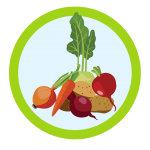
Roots
One medium-sized sweet potato contains about 35% of the daily value (DV) of Ascorbic Acid
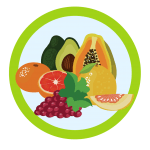
Organic Fruit
Guava: A small guava fruit contains 206 mg of Vitamin C, which is more than twice the daily value.
Red Bell Pepper: One large red bell pepper contains 209 mg of Ascorbic Acid
Kiwifruit: One medium-sized kiwifruit contains about 71 mg of Vitamin C.
Oranges: One medium-sized orange contains 70 mg of C vitamin .
Strawberries: One cup of strawberries contains 97 mg of Ascorbic Acid.
Pineapple: One cup of pineapple chunks contains 79 mg of Ascorbic Acid.
Papaya: One small papaya fruit contains 95 mg of Vitamin C.
Mango: One small mango fruit contains 60 mg of Ascorbic Acid
Lemon is an excellent source providing around 33-44% of the recommended daily value.
In one big grapefruit, you can get up to 120% of the daily recommended value.
One tomato contains approximately 28% of the recommended daily
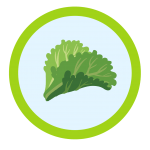
Leafy Greens
Broccoli: Half a cup of cooked broccoli contains 51 mg of Vitamin C.
Brussels sprouts: Half a cup of cooked Brussels sprouts contains 48 mg of C vitamins.
A one cup serving of cauliflower provides approximately 77% of the daily value
Did you know?
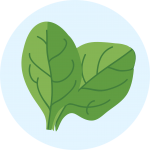
Vitamin C can really help our body absorb iron from plant foods? If you want to get the most out of your meals, try drinking a small glass of fruit juice or chowing down on some C-rich foods at mealtime.
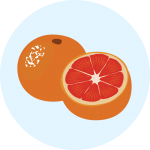
Pro tip: raw and ripe foods have the most concentration of Ascorbic Acid because it can sometimes get destroyed by heat and light.

Ascorbic Acid isn’t just good for our insides, it’s great for our skin too! Our skin already has C vitamins which helps produce collagen and shield against the sun. You’ve probably heard of Vitamin C creams and serums for skincare, but honestly, if you’re already getting enough through food or supplements, a topical cream might not make a huge difference.
